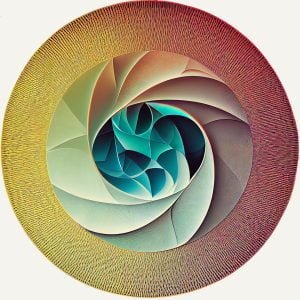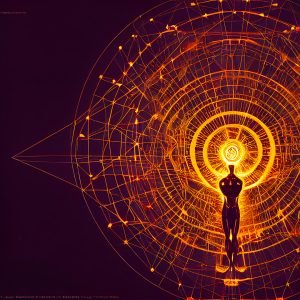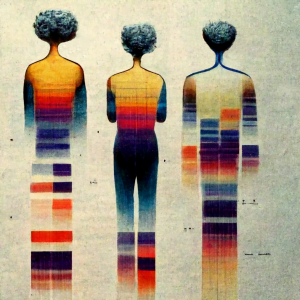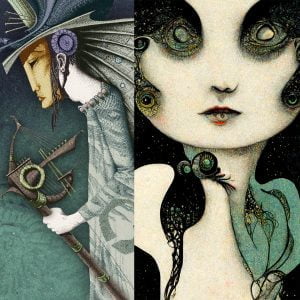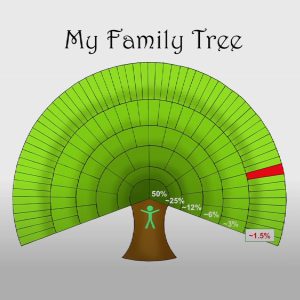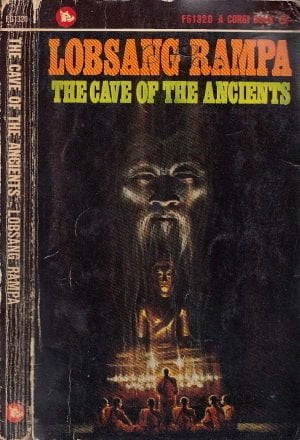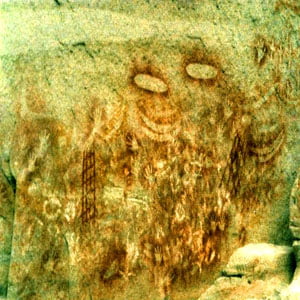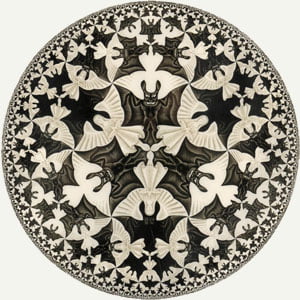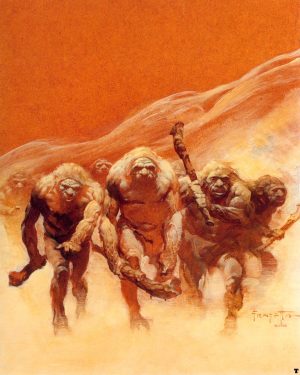Lobsang Rampa and what we choose to believe
When I was perhaps 14, I was intrigued with books by Lobsang Rampa, but I could only afford to buy very few books with my pocket money, and so I would buy another Asimov. Leafing through one of those Lobsang Rampa books, I recall reading about the mummified bodies of giants hidden under the Potala Palace in Lhasa. I don’t know whether I knew anything much about Tibet then, or whether, indeed, it was this …
the dreamtime resumes
The Invaders were here for less than eleven generations. The land—especially where it nears the ocean—is disfigured by the bleached shells of their habitations. People trek there to salvage trinkets. It’s dangerous: you have to tread carefully. Children love to burn the brightly coloured plastic—that is the only way to get rid of it. The Elders warn against the noxious smoke and say its stench is characteristic of that terrible time. The Invaders devastated the …
a limit on human creativity?
With our creativity, we explore a space of art and culture, of science and technology, that expands outwards in all directions. By perceiving reality more clearly, we develop more sophisticated skills and tools that, in turn, deepen our perception of reality. It seems natural to believe that this virtuous circle is accelerating us towards an infinite horizon. But is this true and, if so, in what way?
giving up our first prize
Eating meat adjusts how we think about other animals, could that in turn carry over to how we treat each other? Meat eating is playing a part in the various ecological crises that we are intensifying. We became major predators when we first brought down a large animal and devoured it. A prey species, we have become the greatest predators of all. Is it time that we should give up being predators altogether?
